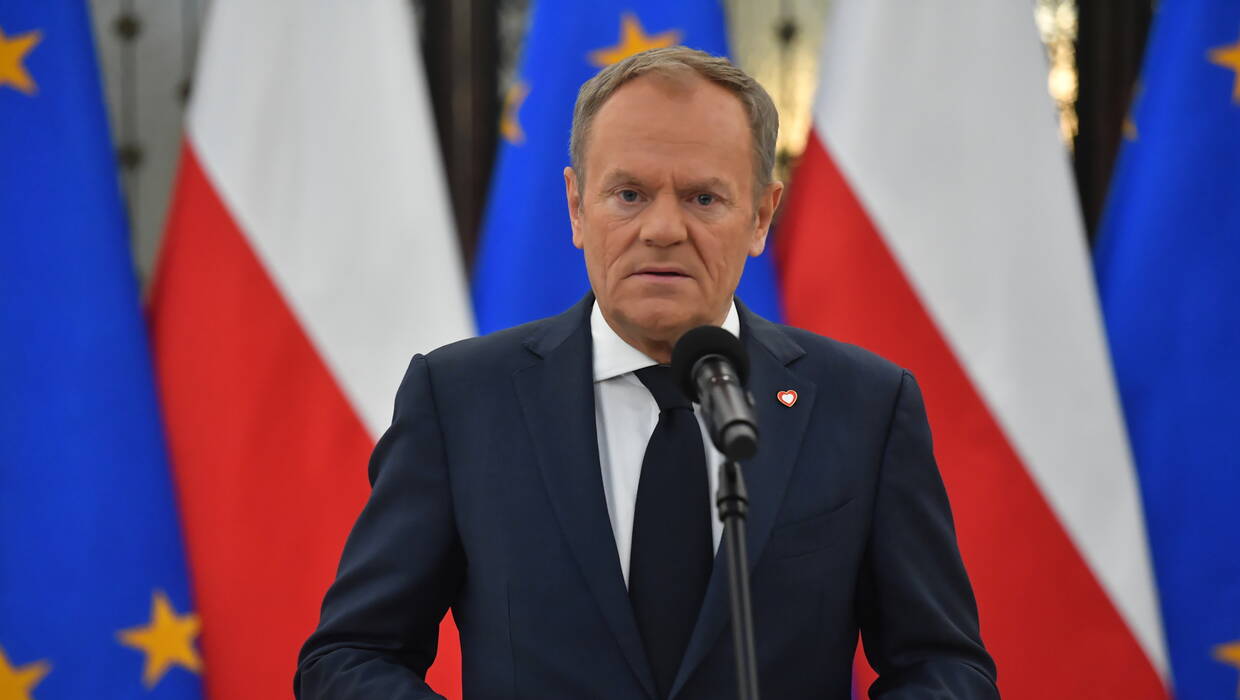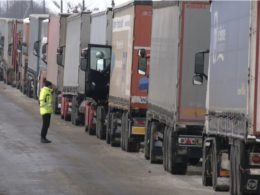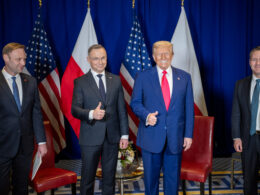In his first press interview since taking office, Polish Prime Minister Donald Tusk describes the current period as the most critical moment since the end of World War II, stating that the next two years will be decisive. He urges Europe to arm itself and emphasizes the need for a mental adjustment to the arrival of a new era, a reality that becomes clearer each day. The interview’s contents were published in Polish newspapers on 29 March, PAP reports.
Concerns about a potential years-long confrontation with Russia have been expressed by Belgian Army’s Chief of Staff Adm. Michel Hofman, Norway’s top commander General Eirik Kristoffersen, Estonia’s land forces commander Maj. Gen. Veiko-Vello Palm, and German Defense Minister Boris Pistorius, emphasized the need for a swift and robust response to ensure security.
EU members should raise defense spending amid looming war
In his interview, Poland’s Prime Minister Donald Tusk urges that with the threat of another war, we should “mentally get used to it” and prepare for it.
“We are living in the most critical moment since the end of World War II. The next two years will decide everything,” the Polish PM said, adding that there is no reason, for Europeans to disregard a fundamental principle, and not spend a minimum of 2 percent of GDP on defense.
The prime minister recognizes that not every country is inclined to follow Poland’s model, noting that while Poland allocates 4 percent of its GDP to defense due to its complex security situation, which is more challenging than that of Spain or Italy, a minimum investment of 2 percent of GDP in defense is non-negotiable and should not be subject to debate.
“Ukraine’s future in the West’s hands”
Donald Tusk stressed that the West’s main task should be to protect Ukraine from Russian invasion and maintain it as an independent and integral state:
“The future of Ukraine rests mainly in our hands. I don’t mean Poland alone or even the EU, but the entire West. It is up to us to make sure that Ukraine can avoid pessimistic scenarios. Today its situation is much more difficult than it was a year ago, but it is also much better than it was at the beginning of the war, when Putin’s soldiers stood on the outskirts of Kyiv,” Tusk argued.
Background
Earlier, Spanish Minister of Foreign Affairs José Manuel Albares emphasized that neither the European Union, NATO, nor Spain is preparing for war, despite the threat posed by Russia and the war it has unleashed in Ukraine.
- On 14 February, it was reported that for the first time since the early 1990s, Germany had achieved NATO’s defense spending goal of 2% of its gross domestic product, with a sharp increase in expenditure following Russia’s invasion of Ukraine in 2022.
- On the same day, NATO Secretary General Jens Stoltenberg announced that 18 countries were expected to meet the 2% spending target.
- On 13 March, White House spokeswoman Karin Jean-Pierre expressed the US administration’s hope that the number of NATO countries committing 2% of their GDP to defense would rise in the months leading up to the summit in Washington.
- On 21 March, Estonian Prime Minister Kaja Kallas urged the countries of the Ramstein Coalition and 15 other nations to allocate 0.25% of their gross domestic product for military aid to Ukraine.
Read also:
- Estonia military chief: Double defense spend for inflicting “decisive defeat” if Russia invades
- Putin “afraid” of war with NATO, Estonian PM says
- Belarus dictator discusses possible attack on Suwalki Corridor in Lithuania
- UK intel: Russia forming new army corps in northwest near Finnish, Estonian borders
- France may requisition or force prioritize arms factories for faster Ukraine output
- Spanish Foreign Minister: Neither EU, NATO, nor Spain prepares for war despite Russia’s aggression in Ukraine





